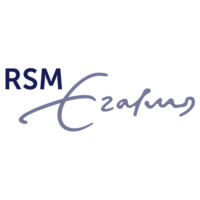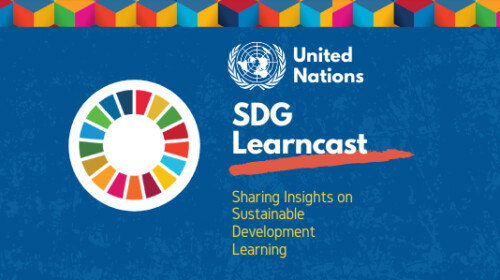At their core, finance and sustainability both look to the future so there is scope for a new alignment, argues Dirk Schoenmaker, Professor of Banking and Finance at Rotterdam School of Management, Erasmus University (RSM). In this publication, he explains how traditional finance focuses on financial return and treats the financial sector separately from society and the environment. Sustainable finance on the other hand considers three types of return: financial, social and environmental to create long-term value for the wider community.
Prof. Schoenmaker provides a framework for sustainable finance and describes the shift from the narrow shareholder model to a broader stakeholder model. He also develops guidelines for governing sustainable finance.
Value creation
The new way of thinking in this publication takes into account how investing and lending interact with economic, social and environmental issues, and thus can influence the allocation of investments to sustainable companies and projects, enhancing and accelerating the transition to a low-carbon, inclusive and circular economy.
Schoenmaker makes two proposals. For institutions, he proposes to introduce “loyalty shares” as an additional reward for shareholders if they hold their shares for a minimum period, for example three, five or ten years. Such engagement on environmental, social and governance (ESG) issues is a powerful force that can steer companies towards sustainable business practices, he says.
For investments, he proposes the creation of sustainable retail investment funds. Retail investors currently use mainly Undertakings for Collective Investments in Transferable Securities (UCITS); collective investment funds operating freely throughout the European Union subject to a single authorisation.








